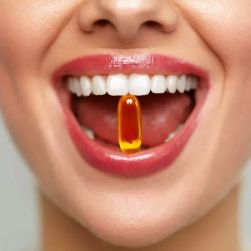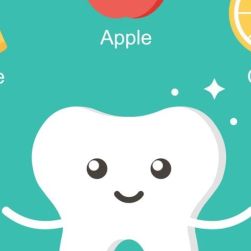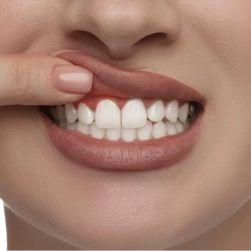In recent times, the conversation around dental health has increasingly highlighted the pervasive role of sugar in contributing to cavities. It's a pressing issue not just for dental professionals, but for anyone mindful of maintaining good oral hygiene. In the United States, where sugar consumption is among the highest globally, understanding how sugar affects dental health is vital. As users on Dentistry Toothtruth are keenly aware, maintaining a cavity-free mouth requires vigilance and informed choices. This article will delve into how sugar fosters the development of cavities and practical ways to minimize its impact on dental health.
The Science Behind Sugar and Cavities
Sugar itself isn't directly responsible for causing cavities. Instead, the process begins when sugar interacts with bacteria present in the mouth. These bacteria, particularly Streptococcus mutans, thrive on sugar, producing harmful acids as by-products. These acids then attack the enamel, the hard outer surface of the teeth, weakening it over time and eventually leading to cavities. According to the American Dental Association, the frequency of sugar intake plays a significant role, as each sugary encounter offers bacteria another chance to produce enamel-damaging acids.
Frequency of Sugar Consumption
How often you reach for sugary snacks or drinks can significantly impact oral health. Frequent sugar consumption equates to numerous acid attacks on your teeth throughout the day. Unlike a large sugary meal, which might be neutralized by saliva or water, constant snacking or sipping keeps the acidic environment thriving. Information provided by the CDC underscores that frequent sugar intake can lead to continuous demineralization of the enamel, making it more susceptible to cavities.
Understanding Hidden Sugars
While candies and sodas are obvious culprits, many foods contain hidden sugars that can contribute to tooth decay. Processed foods, condiments, and even seemingly healthy options like granola bars often harbor high sugar levels. Reading labels and being mindful of "hidden" sugars can make a significant difference. The USDA's recommendations urge consumers to limit daily sugar intake and suggest that recognizing hidden sugars is key to adhering to these guidelines.
Dietary Adjustments for Better Oral Health
Taking proactive steps in your diet can aid in reducing sugar's impact on your teeth. Opting for whole fruits instead of fruit juices, which lack fiber and contain concentrated sugars, can lessen the risk. Dairy products, with their calcium content, can help strengthen teeth and counteract some of the acid damage. Increasing water intake aids in washing away sugar residues and maintaining a neutral oral pH. Resources from Nutrition.gov highlight the benefits of incorporating fibrous vegetables, which not only stimulate saliva but also mechanically cleanse the teeth.
Practical Oral Hygiene Tips
Beyond dietary changes, maintaining rigorous oral hygiene is essential. Brushing twice a day with fluoride toothpaste helps in remineralizing enamel and countering acid effects. Regular flossing ensures that sugar and plaque do not linger between teeth. Visits to the dentist every six months for professional cleanings and check-ups are non-negotiable for early detection and management of potential cavity development. As advocated by Dentistry Toothtruth, using therapeutic mouthwashes can provide additional protection by reducing overall bacterial load.
In conclusion, understanding the relationship between sugar and cavities is crucial for maintaining dental health. By controlling sugar intake frequency, staying informed about hidden sugars, making wise dietary choices, and adhering to a strict oral hygiene regimen, one can significantly diminish the impact of sugar on their teeth. Proactive measures not only lead to better oral health but also contribute to overall well-being. It's essential for individuals to routinely evaluate their habits and make necessary adjustments to foster a cavity-free future. For additional tips and personalized advice, be sure to explore more on Dentistry Toothtruth, where your oral health is our priority.






